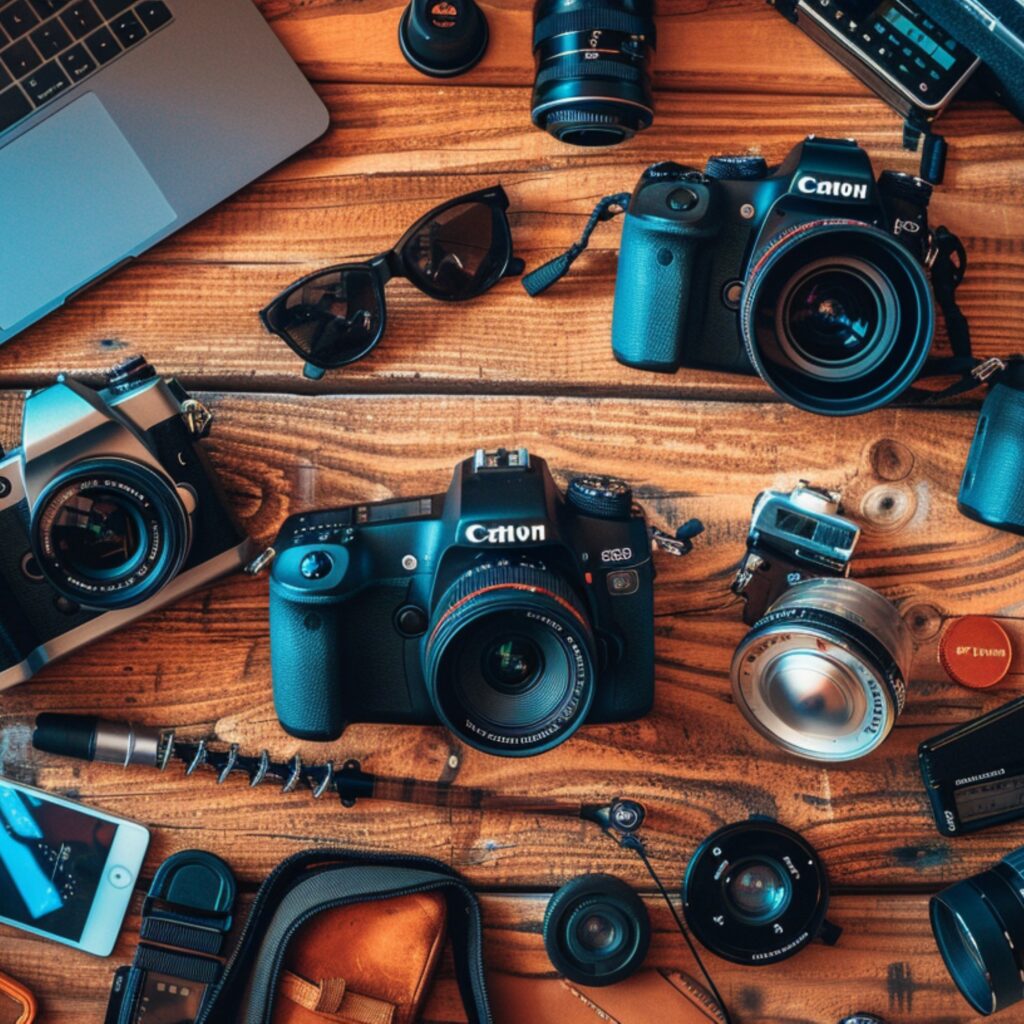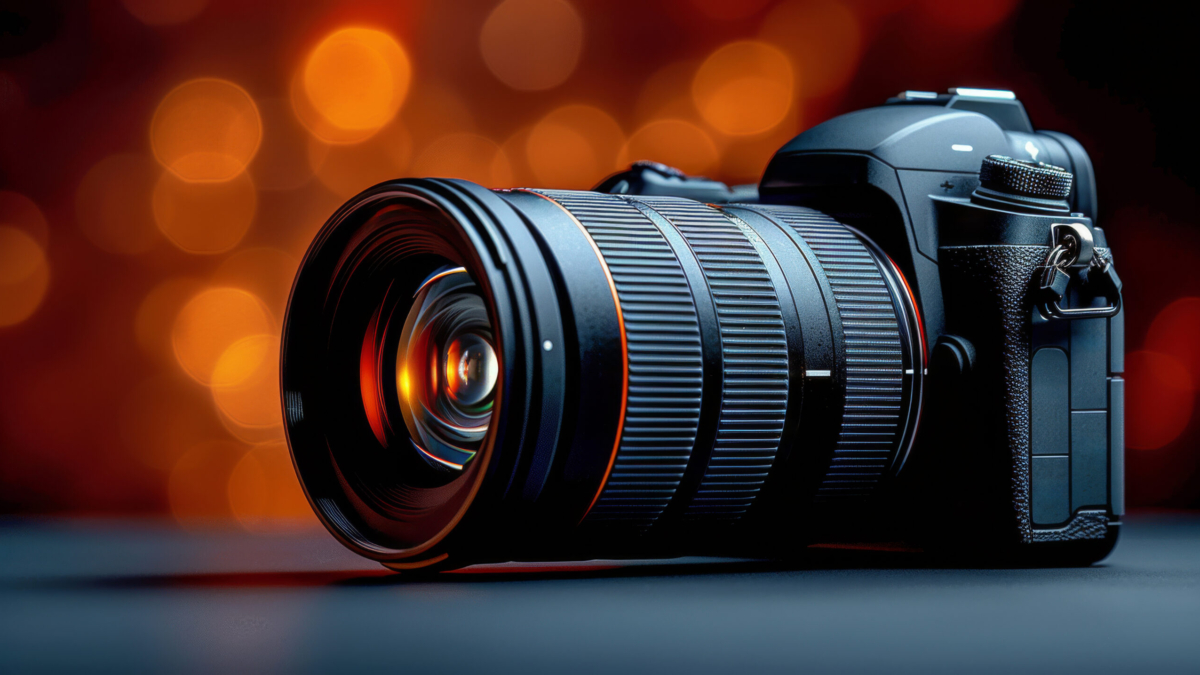Wedding photography is more than just snapping pictures; it’s about capturing the essence of one of the most important days in a couple’s life. The right photos can transport you back to those precious moments, evoking the same emotions you felt on that day. Let’s dive into what you should pay attention to in wedding photography to ensure your memories are preserved beautifully.
Table of Contents
Choosing the Right Photographer
Research and Referrals
Selecting a wedding photographer starts with thorough research. Ask for referrals from friends and family, read reviews, and browse photographer websites. Personal recommendations can provide valuable insights.
Style Compatibility
Every photographer has a unique style, whether it’s traditional, photojournalistic, or artistic. Make sure their style aligns with your vision. Do you prefer posed portraits, candid moments, or a mix of both?
Portfolio Review
Carefully review potential photographers’ portfolios. Look for consistency in quality and creativity. Pay attention to their ability to capture emotions and tell a story through their images.
Professionalism and Experience
Experience matters. A seasoned photographer will know how to handle different lighting conditions, manage time effectively, and deal with unexpected challenges. Ensure they have experience in wedding photography specifically.
Pre-Wedding Consultations
Discussing Expectations
Communication is key. Meet with your photographer to discuss your expectations, preferences, and any specific shots you want. This ensures everyone is on the same page.
Site Visits
If possible, visit the wedding venue together. This helps the photographer plan for lighting, angles, and potential challenges, ensuring they are well-prepared on the big day.
Pre-Wedding Shoots
Consider having a pre-wedding shoot. It’s a great way to get comfortable with your photographer and understand their working style. Plus, you get beautiful engagement photos!
Understanding the Venue
Indoor vs. Outdoor Settings
Each setting has its pros and cons. Indoor venues might require more artificial lighting, while outdoor settings depend heavily on natural light and weather conditions.
Lighting Conditions
Good lighting is crucial for stunning photos. Discuss the venue’s lighting with your photographer and plan for different scenarios, including sunset shots and evening reception lighting.
Venue Restrictions
Some venues have restrictions on photography equipment or where photographers can go. Ensure your photographer is aware of these limitations to avoid any surprises.
Essential Equipment

Camera Gear
High-quality camera gear is essential. Ensure your photographer uses professional-grade equipment to capture sharp, high-resolution images.
Lighting Equipment
Proper lighting can make a huge difference. Your photographer should be equipped with additional lighting for indoor shoots and evening receptions.
Backup Equipment
Always ask if your photographer has backup equipment. Technical issues can arise, and having backups ensures your day isn’t disrupted.
Creating a Shot List
Must-Have Shots
Work with your photographer to create a shot list. Include key moments like the first kiss, cake cutting, and first dance. This helps ensure nothing important is missed.
Family and Friends
Don’t forget about group photos with family and friends. Plan for these shots to avoid chaos and ensure everyone is included.
Candid Moments
Some of the best photos are unplanned. Encourage your photographer to capture candid moments that show genuine emotions and interactions.
Capturing Emotions
Genuine Smiles and Tears
Emotions run high on wedding days. A good photographer will capture genuine smiles, happy tears, and heartfelt moments that you’ll cherish forever.
Intimate Moments
Focus on the intimate moments between the couple. These can be the most touching and memorable photos of the day.
Reactions and Interactions
Photos of guests reacting during speeches or interacting during the reception add depth and context to your wedding album.
Timing and Scheduling
Timeline Coordination
Work with your photographer to create a detailed timeline. Include time for getting ready, the ceremony, portraits, and the reception.
Allowing Time for Photos
Ensure there’s enough time allocated for each segment, especially for couple portraits. Rushed photos often don’t turn out as well.
Handling Delays
Weddings rarely go exactly as planned. A flexible photographer who can adapt to delays without getting flustered is invaluable.
Lighting Techniques
Natural Light
Natural light is ideal for wedding photography. It’s soft and flattering, making it perfect for outdoor ceremonies and daytime portraits.
Artificial Lighting
For indoor venues or evening receptions, artificial lighting is necessary. Your photographer should know how to use flashes and other equipment to create the perfect lighting setup.
Balancing Light
Balancing natural and artificial light can be tricky. A skilled photographer will know how to blend both seamlessly for the best results.
Posing and Composition
Natural Poses
Stiff, unnatural poses can ruin a photo. Encourage your photographer to guide you into natural, comfortable poses that reflect your personalities.
Creative Angles
Experimenting with different angles can add variety and interest to your photos. Trust your photographer’s creativity and be open to unique shots.
Framing Shots
Proper framing is crucial. Your photographer should pay attention to the background, foreground, and how all elements in the shot are composed.
Dealing with Challenges
Weather Conditions
Weather can be unpredictable. A prepared photographer will have plans for different scenarios, ensuring great photos no matter the weather.
Unexpected Issues
From equipment malfunctions to uncooperative guests, unexpected issues can arise. A calm, experienced photographer will handle these smoothly.
Crowd Management
Large weddings can be chaotic. Your photographer should be skilled in managing crowds for group shots and ensuring everyone is where they need to be.
Post-Production
Editing Style
Discuss the editing style you prefer with your photographer. Whether you like bright and airy or dark and moody, ensure they can deliver the look you want.
Retouching
Retouching can enhance your photos, but it should be done subtly. You want to look like yourself, not a heavily edited version.
Album Creation
A beautiful album is a perfect way to showcase your wedding photos. Choose a photographer who offers high-quality album creation services.
Client Communication
Regular Updates
Good communication doesn’t end after the wedding. Your photographer should keep you updated on the progress of your photos and any delays.
Handling Feedback
Feedback is essential. If there’s something you’re not happy with, your photographer should be willing to address it and make necessary adjustments.
Delivering Final Products
Ensure there’s a clear timeline for when you’ll receive your final photos and any albums or prints. Patience is key, but you don’t want to wait forever.
Legal and Contractual Considerations
Contracts and Agreements
Always have a contract. It should outline services, costs, timelines, and what happens in case of cancellations or delays.
Copyright Issues
Clarify who owns the rights to the photos. Many photographers retain copyright but give you printing rights. Make sure you understand the terms.
Payment Terms
Discuss payment terms upfront. Ensure you know when payments are due and what happens if you need to make changes to your package.
Conclusion
Wedding photography is an investment in your memories. By paying attention to these key aspects, you can ensure your special day is captured beautifully. Remember, good communication and planning are essential. Choose a photographer you trust and feel comfortable with, and you’ll be rewarded with stunning photos that tell the story of your wedding day.
FAQs
How far in advance should we book our wedding photographer?
Ideally, you should book your wedding photographer at least 9-12 months in advance, especially if you’re getting married during peak wedding season.
What should we include in our shot list?
Your shot list should include essential moments like the first look, ceremony, first kiss, first dance, cake cutting, and group photos with family and friends.
How can we make sure our photographer captures candid moments?
Communicate your desire for candid shots to your photographer. A skilled photographer will always be on the lookout for genuine, unposed moments.
What are the benefits of having a second photographer?
A second photographer can capture different angles and moments simultaneously, ensuring no important moment is missed and providing a more comprehensive coverage.
How do we handle a situation if it rains on our wedding day?
Have a backup plan. Discuss indoor photo options with your photographer and consider using umbrellas for outdoor shots. A good photographer will be prepared for all weather conditions.

